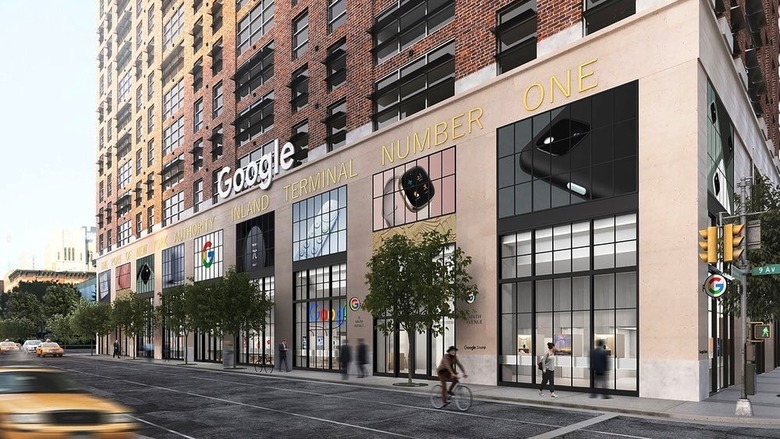Google Made A Huge Change To Its Play Store Subscription Fees
While most app-related antitrust talks focus on Apple, Google is in the same boat. The two tech giants operate similar digital stores, with similar rules governing them. Also, the taxation system is similar between the App Store and Google Play. That's why developers like Epic Games are fighting both Apple and Google, looking for meaningful changes in the industry. And that's why both companies face scrutiny from governments in various countries over their app store practices and fees.
Apple has started making some App Store concessions following the various legal battles it had to face in the US and internationally. But it's Google with the most significant change so far. The company has just announced a massive update to its Play store fees that concern a type of app content many people pay for: Subscriptions.
Apple agreed to allow "reader" apps like Netflix and Spotify to include links in the apps that let customers manage their subscriptions on the developer's website. That can also mean users will be able to purchase a subscription outside of the App Store.
Those reader apps that offer subscriptions through the App Store are still subject to the App Store fees. Not all streaming services let buyers sign-up for a new subscription directly from the App Store, however.
The current subscription fee structure is set at 30% for the first year and then 15% for every subsequent year. Google used a similar system for the Play store subscriptions until now.
Separately, Google announced that it lowered its Play store fee from 30% to 15% for developer revenue under $1 million back in March. The change is similar to Apple's.
The new Google Play subscription fees
Google's new Play store change concerns all apps that come with subscriptions, not just reader apps. The company announced that the subscription purchases would get a 15% fee instead of the previous 30% tax. That's a significant discount that developers will hopefully pass to the consumer.
"Digital subscriptions have become one of the fastest growing models for developers, but we know that subscription businesses face specific challenges in customer acquisition and retention," Google explained in a blog post. The company added that it heard from developers that customer churn makes it "challenging" to take advantage of the 15% rate after the first year. That's why it's switching to a 15% rate for subscriptions across the board.
The change goes into effect on January 1st, 2022.
Moreover, Google announced that certain categories of apps, like "ebooks and on-demand music streaming services," will be eligible for even lower fees that could go down to 10%. These are businesses where "content costs account for the majority of sales," according to Google.
"The new rates recognize industry economics of media content verticals and make Google Play work better for developers and the communities of artists, musicians, and authors they represent," Google said.
As expected, Google doesn't make any mention of regulatory pressure or lawsuits with developers in the announcement. But the Google Play subscriptions fee change will surely help in those matters as well.
Like Apple, Google will also have to allow developers to add third-party payment processors to apps in Korea. But, like Apple, we're yet to see how Google will comply with that law.
